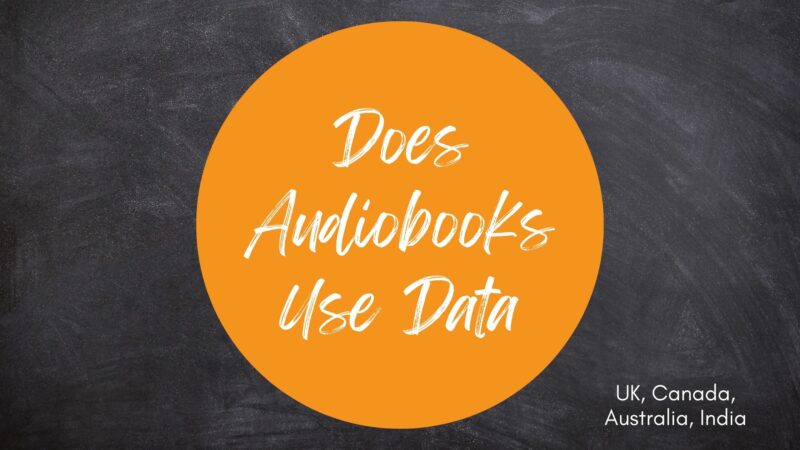Sweep Out Vanguard: Everything You Need To Know
With the stock market being volatile, it’s important for investors to stay ahead of the curve. That’s where a sweep out Vanguard comes in – it’s a stock market term used to describe a company’s buying and selling of shares.
This read can help investors make informed decisions about which companies to invest in and help them navigate through choppy waters. So what’s a sweep out like? Let’s take a look!
Recommended:
What is a Sweep Out Vanguard?
A sweep out is a stock market term used to describe a company’s buying and selling of shares. When a vanguard investor buys shares, they are considered to be “sweeping out” the old shareholders and taking control of the company.
Similarly, when a vanguard investor sells shares, they ” sweep out” the old shareholders and give them back their original investment.
What is a Sweep account?
A sweep account is a brokerage or bank account that automatically transfers money that surpasses the set threshold to fall below a higher interest-earning investment. They are usually swept into a money market fund.
Is Vanguard good for beginners?
Yes, Vanguard is a great place for beginners to start investing. Vanguard offers low-cost, transparent investment products that have been carefully selected to reflect the risks and returns of the overall market.
Additionally, Vanguard has a wide variety of investment options to suit any budget. As a beginner, you can start with index funds or ETFs, and as you grow more experienced, you can move on to mutual funds and individual stocks.
Overall, Vanguard is a great place for anyone looking to invest in the stock market.
Are Vanguard funds protected?
Yes, Vanguard funds are protected by the Investment Company Act of 1940. This law requires that all investment companies registered under the act maintain minimum levels of assets and liabilities and adhere to a number of other regulations.
In order to maintain their registration with the SEC, investment companies must also meet certain requirements relating to their management, operations, and investor protection.
Can someone explain what these Vanguard transaction types mean?
There are a few different transaction types that can be found on the Vanguard website. Here are a few examples:
1. Buy and hold
This type of transaction allows investors to buy a security and hold onto it, rather than selling it and having the potential to earn a return.
2. Short sale
This type of transaction allows investors to sell a security they already own, hoping to buy it back at a lower price to sell it at a higher price and make a profit.
3. Options sale
This type of transaction allows investors to sell the right to purchase securities at a certain price within a set period of time.
4. Reverse split
This type of transaction allows investors to exchange their shares in a company for new shares that will have different rights, such as voting or liquidating shares.
How do I withdraw money from my Vanguard brokerage account?
Generally, withdrawing money from your Vanguard brokerage account is fairly straightforward. Here are the steps you need to take:
1. Log in to your account online.
2. Click on the “Withdrawals” tab.
3. Select the funds you want to withdraw and click on “Withdraw.”
4. Enter the amount you want to withdraw and click on “Submit.”
5. You will be prompted to provide your bank information, and the withdrawal will be processed.
Who owns Vanguard Brokerage?
Vanguard Brokerage is a company that owns by its customers and operates various investment products and services.
These products and services include mutual funds, ETFs, individual securities, and options. Vanguard primarily invests in stocks and bonds.
What is the difference between a Vanguard account and a Vanguard brokerage account?
A Vanguard account is a type of investment account with various benefits, including access to Vanguard mutual funds and ETFs. A Vanguard brokerage account allows you to buy and sell securities directly with Vanguard.
There are several key differences between these two types of accounts. For example, a Vanguard account allows you to gain direct access to the underlying assets in the funds, while a brokerage account allows you to trade the funds on the open market.
Additionally, a Vanguard account comes with lower fees than a brokerage account.
Vanguard Cash Sweep Account Interest Rates 2022
Vanguard’s VMFXX fund currently only has a yield of 0.04%. You can choose to invest your money in Vanguard’s VBISX security, which yields 0.25%.
What happens if Vanguard goes out of business?
If Vanguard were to go out of business, customers’ assets would be transferred to another financial institution part of the S&P 500. This process is called a “takeover.”
Customers would not lose any money, and their account numbers, passwords, and other personal information would not change.
How does Vanguard make its money?
Vanguard is a self-proclaimed “investment company” that manages over $3.6 trillion in assets. Much of their income comes from charging fees for their services and from investing the money that they manage.
Here’s a breakdown of how Vanguard makes its money:
1. Fees
They charge fees for their investment products – These fees vary depending on the product that you’re investing in, but they can range from 0.25% to 1.5% of your assets, with an average fee of 0.40%.
2. Interest
They earn interest on the money that they manage – This can be earned through a variety of methods, including lending money to other organizations or investing in government bonds or securities.
Interest earned on these investments is paid out to Vanguard shareholders as dividends.
3. Selling
They make money by selling stocks and other securities – Whenever a company sells shares of its stock, Vanguard earns a commission on that sale.
This commission can amount to anywhere from 0.25% to 3% of the sale price, with an average commission rate of 1%.
Which is better Schwab or Vanguard?
The best investment vehicle for you will depend on your individual circumstances and needs. That being said, here are a few factors to consider when making your decision:
1. Fees, Returns, and Compliance
Schwab is known for its low fees and the broad range of investment options. Vanguard, on the other hand, is known for its high returns and strict compliance with regulatory requirements.
2. EFTs
Schwab offers more Schwab ETFs (exchange-traded funds) than Vanguard does. This can give you more flexibility when it comes to choosing which investments to make, as well as the potential to lower your overall costs by investing in a variety of different strategies.
3. Support & Service
Schwab provides a lot of support for its customers – from online tools and resources to 24/7 customer service. Vanguard doesn’t have quite the same level of support, but it does offer a phone line and an online chat feature.
In the end, it really depends on your needs and preferences which one is better for you. The best way to find out is by doing your research and talking to some experienced investors!
I hope you find this read helpful; for any queries, you can reach us!






